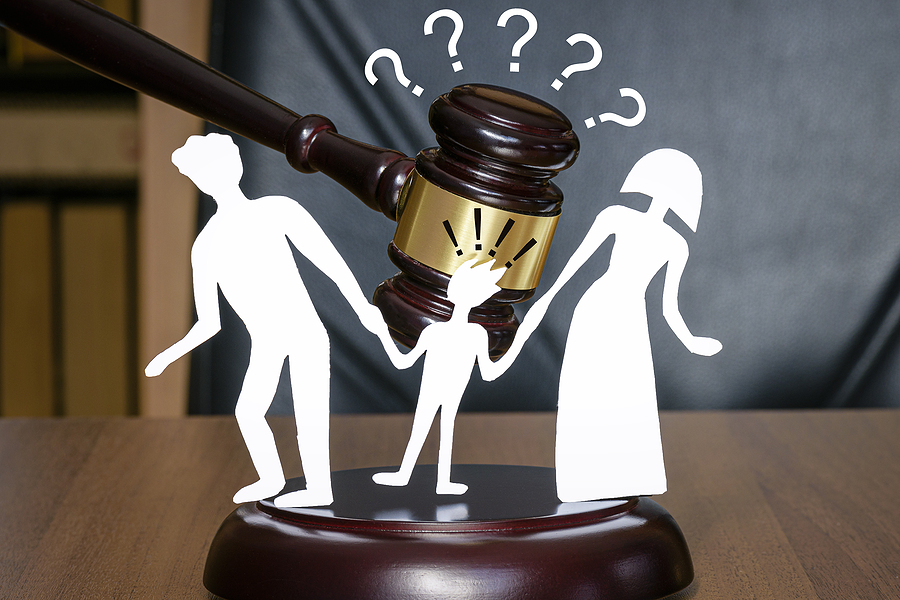Child custody matters get complicated when the parents live in different states. These may include questions of jurisdiction, custody law and policy, the chemical and energetic relationships between treaties and statutes, and the relationship of law to legal pluralism.
For most of such cases, the framework that applies when children lie at the center is the Uniform Child Custody Jurisdiction and Enforcement Act, known as UCCJEA.
The Courts Decide the Child’s “Home State”
A child’s “home state” is the state in which the case will be heard regarding who has legal custody over the child. I. The home state of the child is the child’s home state, and NO court of a State shall have jurisdiction under this section except the home state of the child.
If the case concerns two parents that live in different states and are both trying to claim their state as the home state of the child, a judge may need to make the decision.
Per the provisions of UCCJEA, it is up to a judge to decide which state’s courts have jurisdiction to make or modify a child custody determination. In many cases, UCCJEA identifies a child’s home state as the state where the child resided for six months before the start of the legal process.
If the child in question resided with a parent or a person acting as a parent in a state for at least six consecutive months prior to the commencement of the custody proceedings, then that State will be deemed to have jurisdiction over the proceedings. If the child is under six months of age, the home state is where the child has lived since birth.
Types of Custody Arrangements Available
After it is determined that a particular state will hear a child custody case, the parents can then find out what to expect from their case under the law of that jurisdiction. In California, there are, for example, four basic categories of custody.
- Legal custody: the right to make major decisions for the child, like where the child goes to school, his or her religion and health care.
- Physical custody: the right to have a child physically in a parent’s residence, generally for overnight visits.
- Joint custody: both parents share the responsibilities of raising their children, often with split legal and physical custody.
- Full custody: one parent is provided with all parental rights and duties. The other parent may or may not receive visitation.
A judge will examine all factors and evaluate the situation to decide which custody agreement is in the best interest of the child. All of those different types of custody options can be utilized by parents who reside in separate states.
Joint Custody Is Less Likely
In states like California, the courts tend towards joint custody if it can be done safely and reasonably. The law states that a child is best off having regular contact with both parents after a divorce.
This may not be available however in the case of parents residing in separate states. Indeed, it would not be realistic to expect the mother and/or father to be jet-setting back and forth with the child.
In most cases, the courts will give one parent sole or primary physical custody.
The other parent, typically the non-custodial parent, may retain visitation privileges. Furthermore, both of the parents will, more than likely, share legal custody. If you both lived in the same state when a custody order was issued, but now one of you wants to move, you may follow a different legal process (a “move-away case”).
If you’re involved in any sort of multi-state child custody arrangement, get in touch with the expert Albuquerque Child Custody law office, The Law Office of Anthony Griego LLC, for legal assistance.
Contact us before it’s too late!

